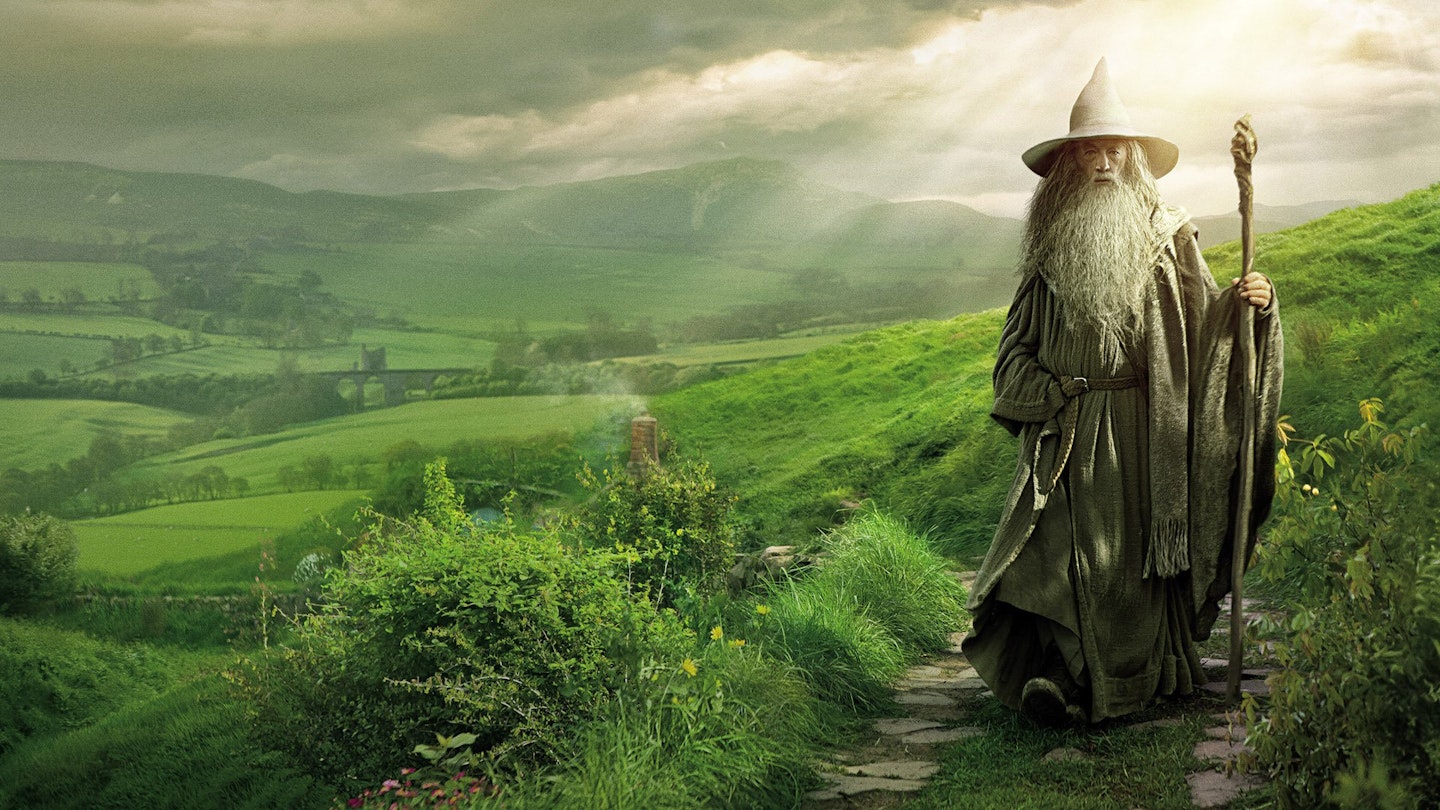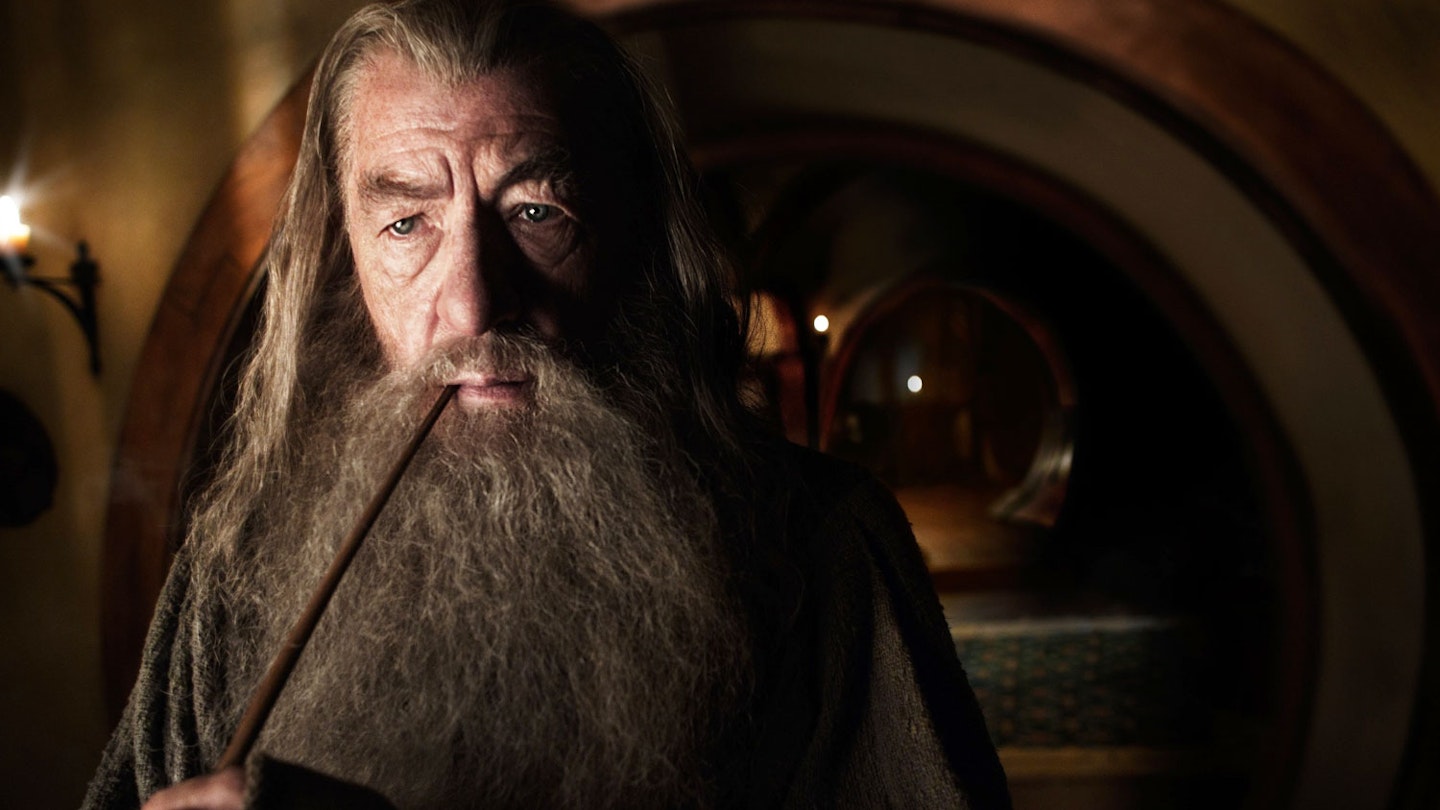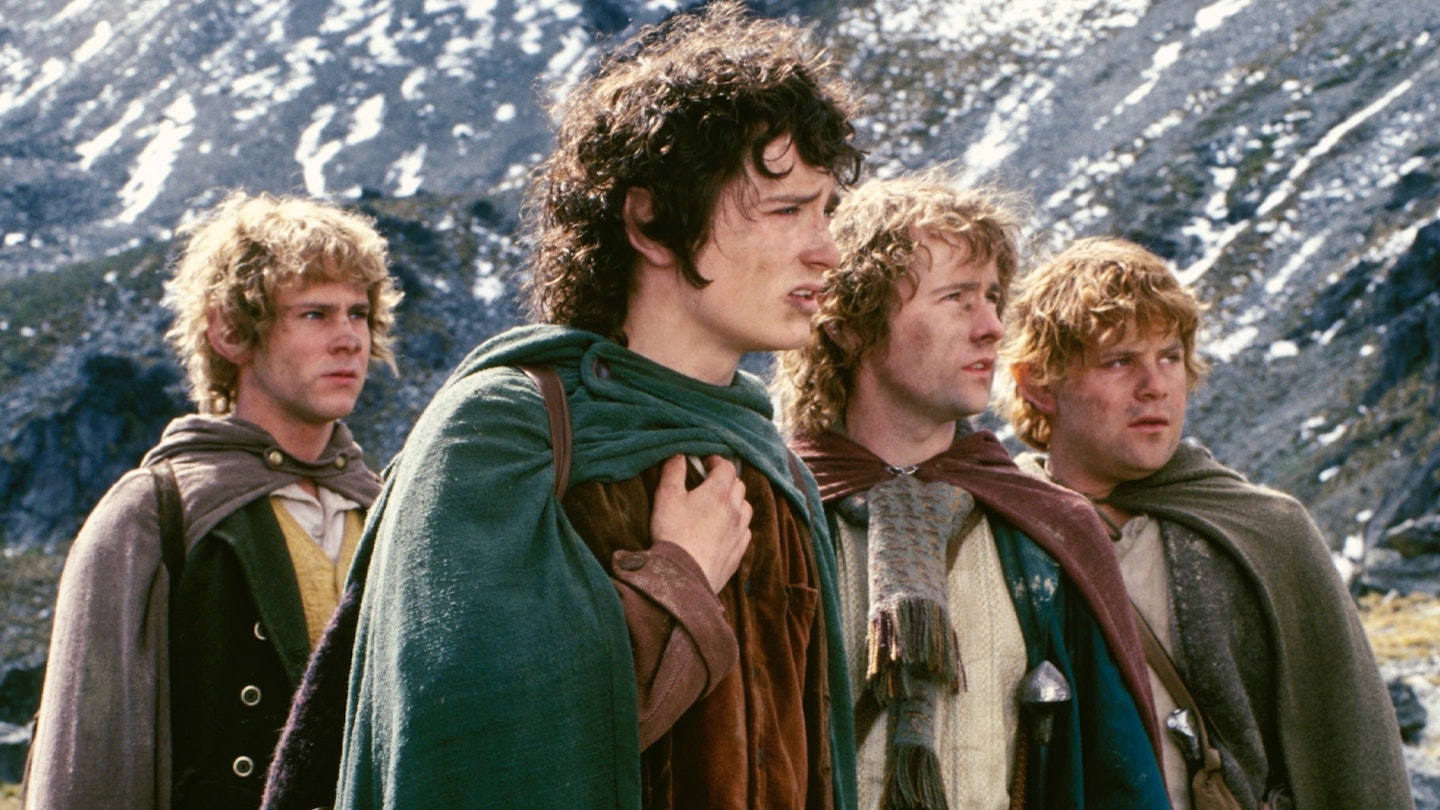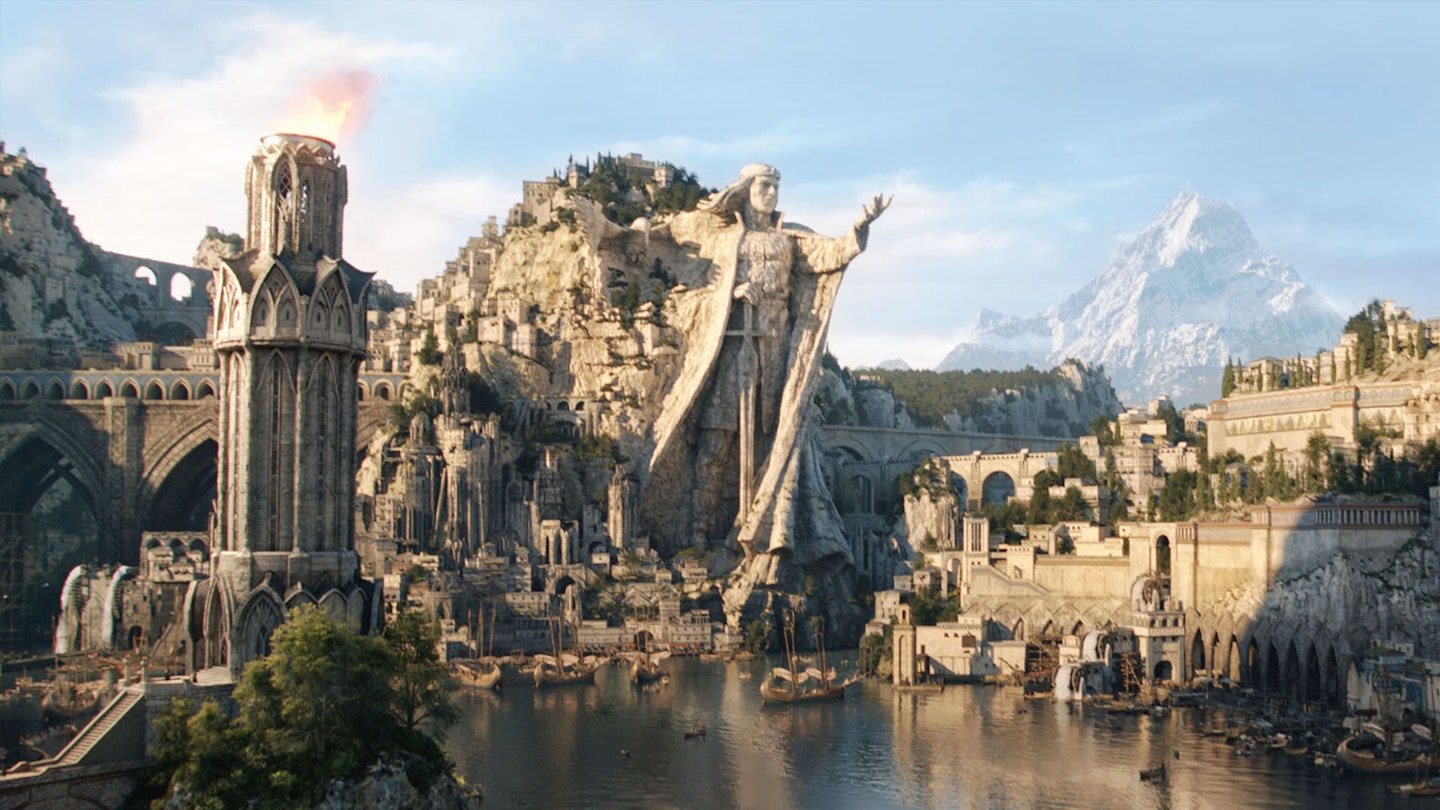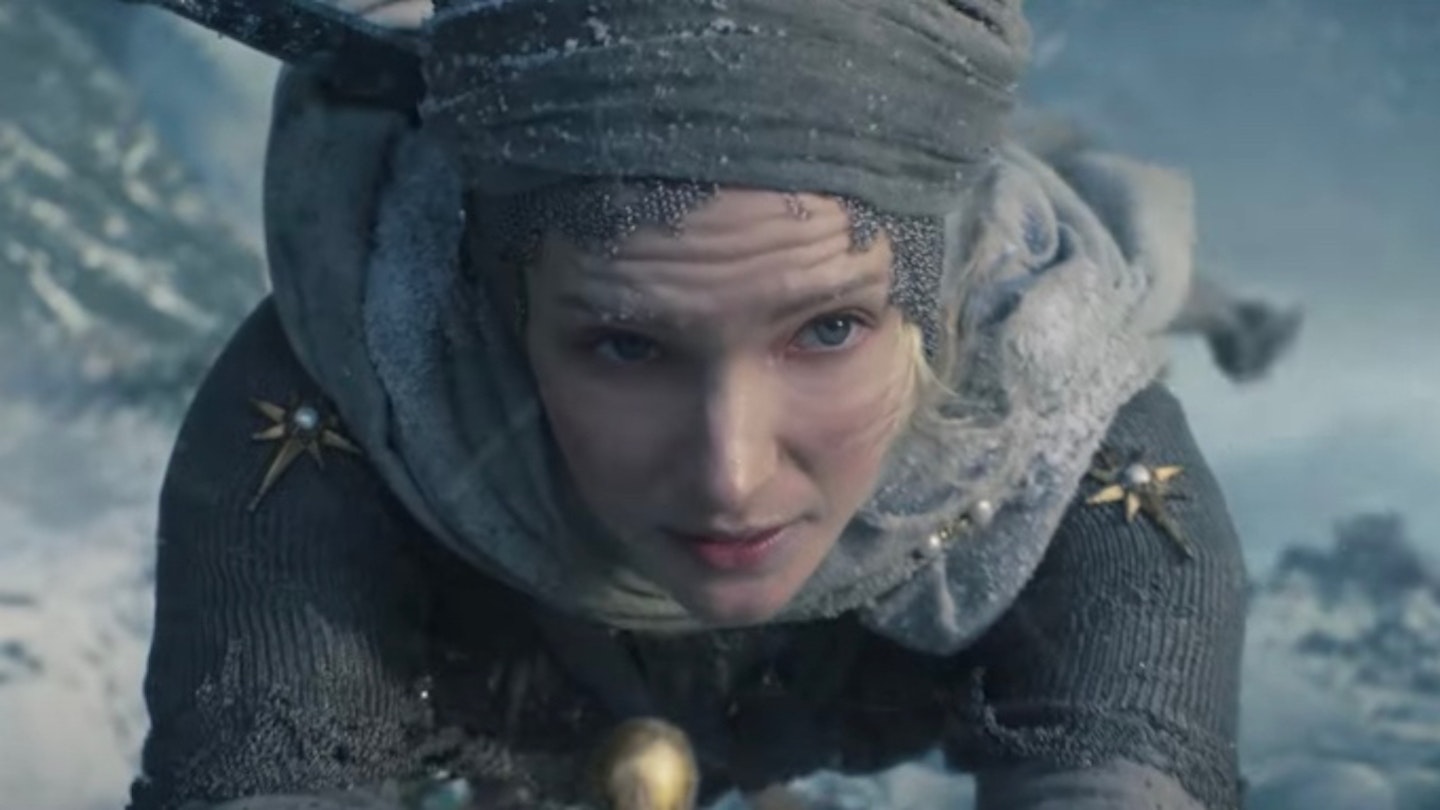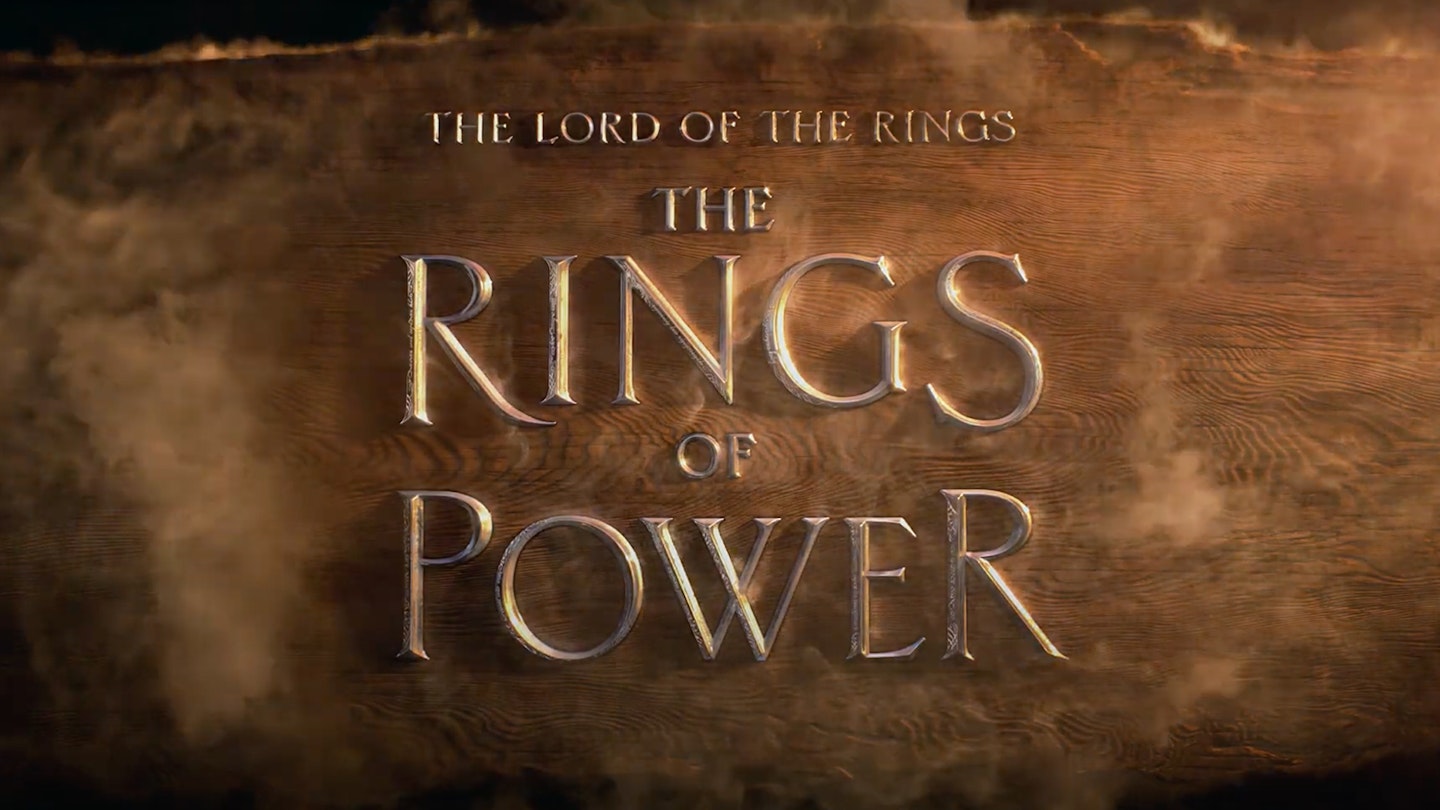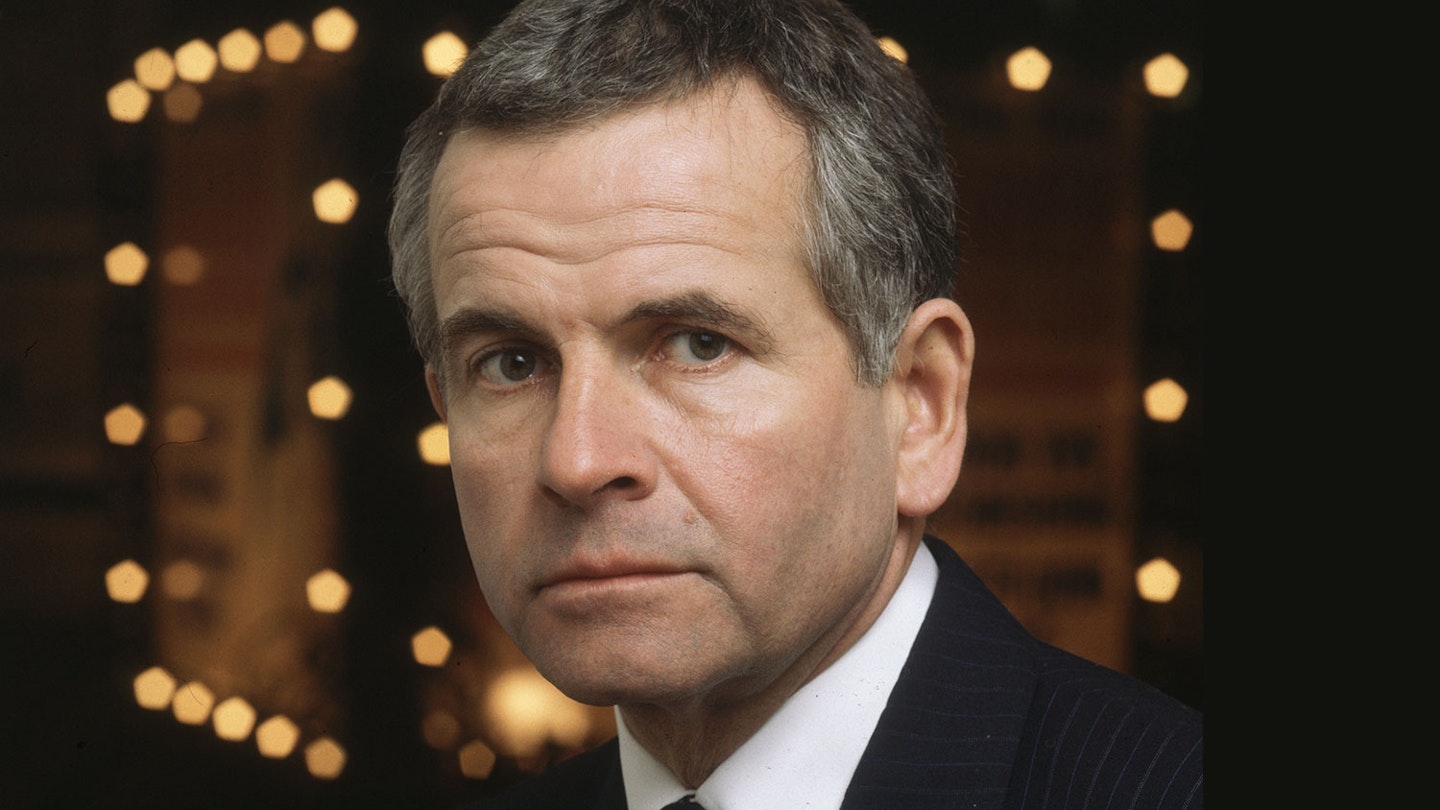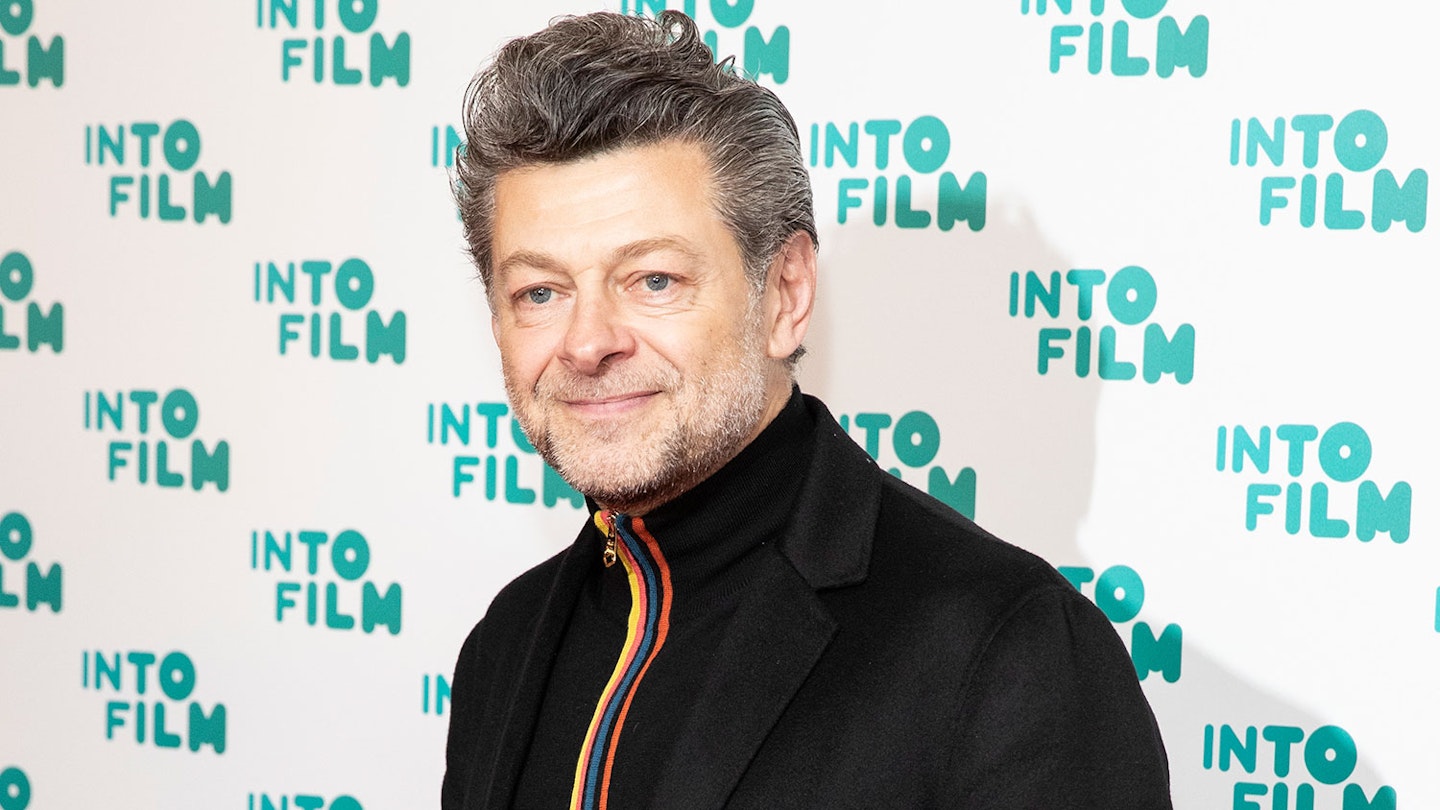“All good stories deserve embellishment,” Gandalf The Grey (Ian McKellen) tells Bilbo (Martin Freeman) before the latter has even left the snug, leathery comfort of his Bag End armchair and embarked on his Unexpected Journey. There is no way this line, a pithy conclusion to a tall tale of Bilbo’s Tookish grandfather (beheads goblin, invents golf), could have been written unknowingly. The Hobbit is a good story. And embellishment, controversially for some, has been the order of Peter Jackson, Fran Walsh, Philippa Boyens and Guillermo Del Toro’s adaptation — both narratively (An Unexpected Journey is now a trilogy opener rather than part one of two) and visually; this sunnier, 60-years-younger Middle-earth was digitally shot at double the frame rate of the three earlier movies which concerned this mythic realm’s difficult autumn years.
To begin with the first form of embellishment is to immediately address the concern that Jackson and co.’s Hobbit may be a painful inflation of a slim, bedtime storybook, as opposed to The Lord Of The Rings’ leaner interpretation of a vast fantasy-historical epic. Team Jackson looks outside the novel’s narrative (which, while quicker than Rings, is still rich in detail and packed with incident) to the Tolkienverse yonder, and unashamedly treats The Hobbit as a prequel in which the return of Sauron The Deceiver is foreshadowed ominously.
Yet the cutaways to guano-faced nature-wizard Radagast The Brown (Sylvester McCoy) nursing hedgehogs, going boss-eyed and rabbit-sledging to creepy ruined forts do feel of limited relevance to the main quest. Beyond Gandalf expressing to a sceptical Saruman (Christopher Lee) his fear that dwarf economy-hoarding wyrm Smaug could come into play as a fiery WMD for “the enemy”, the threads concerning the White Council, the Necromancer and aforementioned fort Dol Guldur— all direct prequel material — have yet to be firmly twined with Bilbo’s relatively modest adventure. He may find the One Ring here, but for now its connection to Sauron is known only by us and Howard Shore’s string section.
Even so, this particular trek to a mountain has been smartly remoulded — the final destination’s always a mountain, this one Lonely rather than Doomed. It is well-paced, bringing in chief antagonist Azog (Manu Bennett), the albino orc-lord barely in the book, who from the start is hunting the “dwarf scum”, soon giving the quest frantic chase movie impetus. Existing set-pieces have been thoughtfully redrafted, so don’t expect the encounter with the trolls (a cockney Three Stooges) to play out as it does in the novel. And new sequences have been added, such as a skirmish with warg-mounted orcs on Rivendell’s borders. The Goblin Town diversion comes replete with Jacksonian grace notes, featuring a neat swinging gantry gag that references King Kong — although he doesn’t let these set-pieces breathe as freely as those in either Rings or Kong. While it’s good to see Gandalf get stuck in like never before, this is no Moria. And despite the running time, there is still the occasional sense that Jackson is rushing, underpinned by the fact that, for all their elaborate individuality, the dwarves remain somewhat amorphous, with only Thorin (an impressive Richard Armitage), Balin (Ken Stott), Bofur (James Nesbitt) and Fili/Kili (Dean O’Gorman/Aidan Turner) given any special attention.
Still, thanks to an Ian Holm-presented prologue, we’re in no doubt as to the significance of their mission. This isn’t just a treasure hunt: this is a desperate gambit to reclaim a homeland for a people who have suffered a generation of bitter diaspora. There is an appeal to the way Tolkien’s book begins small, seemingly trivial — Bilbo the reluctant burglar off on a perilous jaunt — then rises out into something so huge that five armies roll up to the ultimate fracas. But it is appropriate to Jackson’s cinematic rendition of Middle-earth that we should swiftly understand Thorin’s position (part Aragorn, part Boromir) in its weighty narrative history. This comes not only via the prologue, in which we witness the full glory of Erebor and its nuking by malevolent bat-lizard Smaug (of whom there are glimpses), but also an impressive flashback to Thorin’s hard-fought, albeit temporary, triumph over Azog on the slopes outside Moria.
One question raised by the book is: why precisely did Bilbo, a homely fellow and appreciator of simple comforts, agree to head off into such danger? And why didn’t he bail when the going got extreme? These are ingeniously addressed, and in fact form the arc of An Unexpected Journey. The Hobbit Episode I is the story of how Bilbo commits to adventure, how he realises his motive. And Team Jackson’s answer is elegantly simple, a fine-brushed masterstroke of scripting: the creature who just wants to go back home discovers that what he’s doing here is helping these homeless dwarves reclaim theirs.
It’s a concept sold flawlessly by Martin Freeman, perfect casting for the fusty halfling. There really is no other character like Bilbo in Tolkien’s chronicles, and he is arguably this saga’s strongest: a proper, decent, everyday sort of chap (if a little on the conservative side) whose resourcefulness is drawn from a deep well of inner strength. Not as beleaguered as Frodo, nor as acquiescent as Samwise, nor as comical as Merry and/or Pippin. “I’m not a hero or a warrior,” Bilbo asserts. He’s us. And Freeman encapsulates that throughout, without mugging or winking. His Bilbo does take his predicament seriously, and while this is the jauntiest — at times silliest, at times funniest, certainly the most child-friendly — Middle-earth movie yet, Freeman remains its emotional lodestone.
The most powerful moment comes during the Riddles In The Dark incident, which briefly brings back Andy Serkis’ Gollum, the other arguably strongest character in the saga. It is a joy and a thrill to once more see mo-cap master Serkis owning the role, and to have the celebrated encounter brilliantly re-envisioned through the prism of the Sméagol/Gollum split personality. However, the true punch of poignancy comes at that most pivotal of moments: when Bilbo, invisibly standing over Gollum with sword at his throat, exercises mercy. Jackson holds on Freeman’s face. This isn’t just Tim-from-The Office or Watson in pointy ears, but an actor at the height of his prowess finding every layer to a character it now seems he was born to play.
So what, finally, of that other embellishment, the history-making visual treatment? 48 frames per second is, as they say, something else. And you can take that both ways. On the one hand, the crispness of detail is almost overwhelming, whether you’re noticing the seam down the back of Gandalf’s hat, or repulsed by the scabby goitre dangling from the Great Goblin’s (Barry Humphries) hideously distended face. On the other, there’s something about the lack of grain and motion blur that oddly makes the movie feel less epic — it’s so immediate and intimate that the distance between seat and screen is all but removed. This may make you feel more thrillingly part of the action, or it may diminish the spectacle and unflatteringly highlight the film’s more set-bound nature. Something to bear in mind when deciding if you’re going to seek out the upgraded experience.
